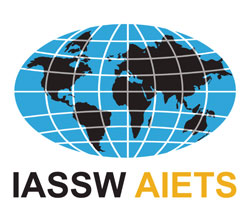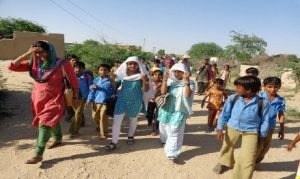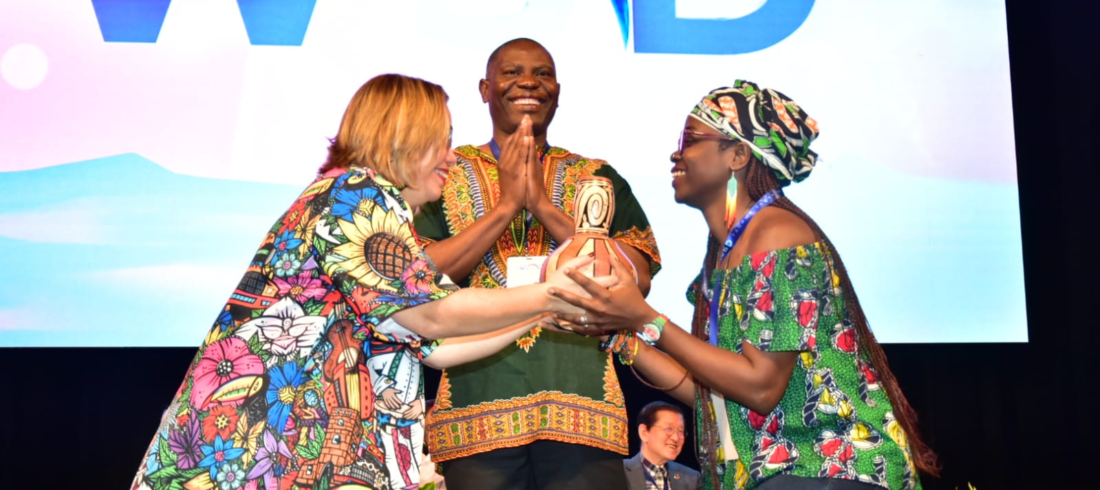Analysing the ‘social’ during Covid-19
Pamela Singla, Professor of Social Work, Department of Social Work, University of Delhi, India. Email: pamelasingla@gmail.com
This narrative considers the newer social aspects of this pandemic and discusses certain critical aspects relevant for social workers and policy makers. It looks beyond numbers and othering to understand the changing face of social work education during and after 2020.
I am (no longer) safe
‘Othering’ has influenced our actions as privileged human beings because of the notion that disasters cannot harm us. Whether it is floods in Jammu and Kashmir, cyclone Amphan, or the air pollution levels of Delhi, these are seen as geographically localised events which affect only those around them and not many others. The coronavirus challenges the notion of ‘I am safe; and do not care about others’. It poses a totally unprecedented situation where my safety is dependent on my neighbour’s safety.
Hunger over lunch
Covid-19 is a matter of social policy. It has unveiled many social aspects which are unfamiliar to us. However, it’s an irony that policies on migration, poverty, homelessness, deprivation and hunger get (re)framed over discussions during lunches and high tea. No wonder the policies promulgated currently fail to address the issue. The best policies are not framed in a vacuum. Let’s walk a mile to experience the distress among the unorganised sector such as migrant workers, to frame better policies.
Beyond numbers
Cases of domestic violence, loneliness among older people, the plight of migrant workers, deaths attributed to coronavirus are being reported in large numbers. Sadly, people who are suffering or dying are simply labelled a number without anyone getting to know what they experienced during the process, what happens to their families, or the mental pain they encounter? The skill sets imparted during the two- year Master in Social Work Degree train students to address the situation. Compassion, effective communication, problem-solving are valuable skill sets possessed by the professional social workers who help those in need and/or suffering from loss of livelihoods.
Change of practice landscape
Physical distancing has changed overnight the practice landscape that is, conventional field work education and training by suspending physical presence, touch, observation, rapport formation. This has upset social work students because learning occurs not only through lectures but includes the interactions and discussions, in and outside of the classroom. The nature of forthcoming ‘internship’ programmes is of concern to students who have been transitioning to online classes, online fieldwork, and organising group meetings in digital mode because lockdown is not over. Online internship in such circumstances can be designed to include national/international organizations working in areas of ‘the social’ and related concerns, and in tripartite settings with Departmental supervisor, student and agency supervisor.
To conclude, in India, where the profession is still struggling for recognition, professional social workers can negotiate with the government to create positions for social workers with primary roles as providers of information regarding government schemes and programmes, as well as check the spread of mis-information.









